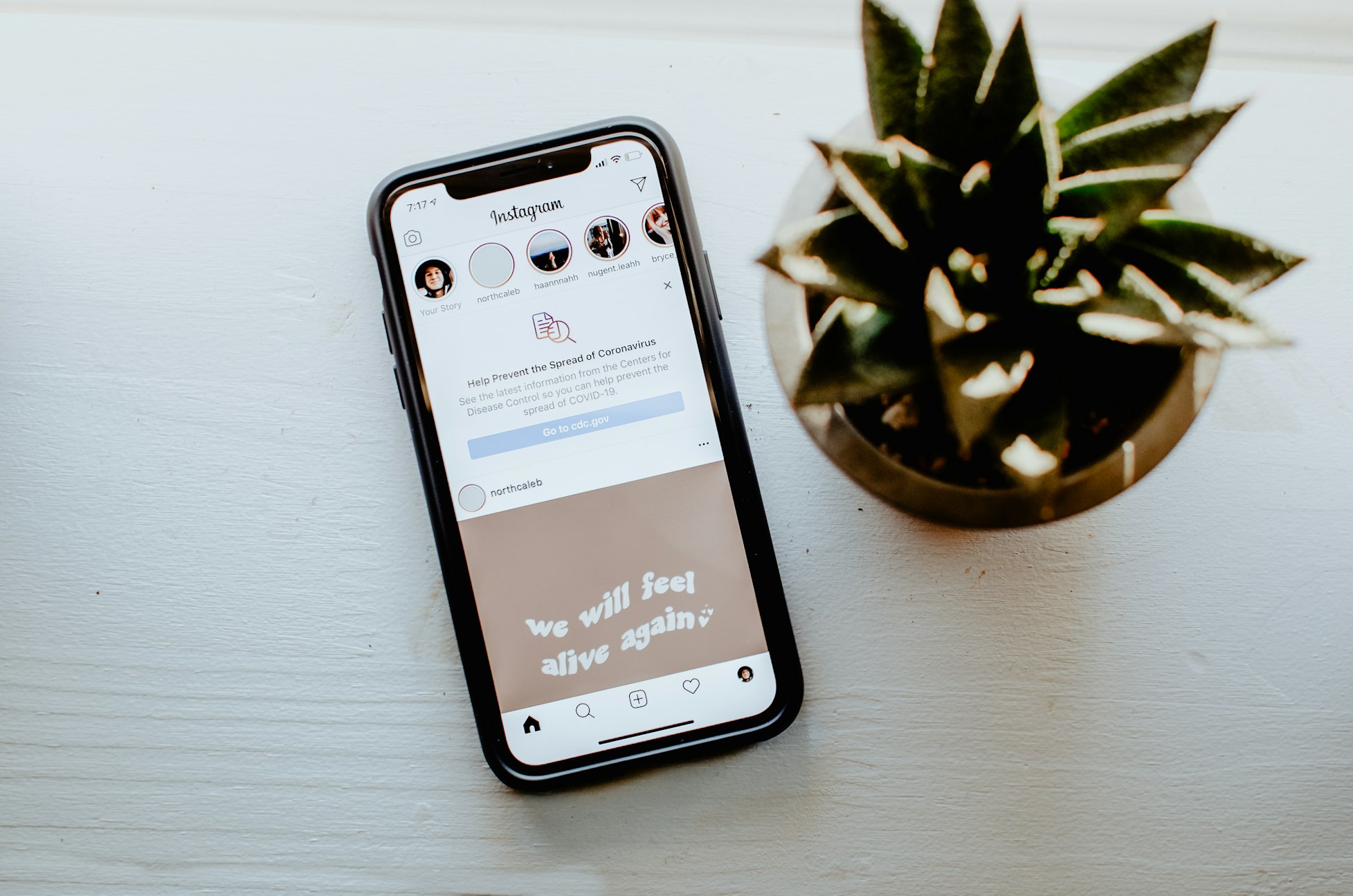The Problem with Social Media
How social media platforms are psychologically manipulating users.
Social Media Addiction
Gen-Z spends an average of just under three hours on social media each day, nearly an hour more than the average Millennial. Personally, my highest record of screen time on social media was a little over 4 hours, so I know what it's like to sit down and say to yourself "only for a few minutes" , only to suddenly look up and find that you've spent ages scrolling away at your feed or for you page.The truth is, social media is the perfect platform for mass psychological influence. Platforms like Facebook, Instagram, Twitter, etc., all exploit faults in our psychology to get us to spend more time on screen. It's called "persuasive technology" - tech designed to change attitudes or behaviors of the users.
Take, for example, the pull-to-refresh feature. It's present on all social media platforms for a reason. You pull on the screen and you either receive a reward - new posts - or you receive nothing. This is unnervingly similar to gambling on a slot machine; we can't know if we'll be rewarded with new posts, and more often than not we do not get anything gratifying. This precise reason is why we keep coming back and have developed the habit of repeatedly checking our screens.
High social-media usage can lead to phone dependency, and some effects include phantom notifications - thinking our phone is vibrating, or that we have received a message, even when we haven't. These phantom vibrations are linked to our psychological cravings for such signals, and stimulate the same brain mechanisms that usage of drugs like cocaine activate. And the truth is, social media uses you and acts exactly like a drug. And like any constant use of a drug, this leads to addiction.
Misinformation and Polarization
57% of GenZ use social media and messaging apps to keep up with the news. And social media platforms are not always reliable sources of information. In fact, they make it possible to spread misinformation with ease, and the algorithms which power our feeds just make it worse. Take, for example, Facebook.Facebook's algorithms are designed to show you the most popular content that you, specifically, will find interesting. And what is most popular and most interesting, is not always true. And with Facebook's lackluster fact checking and moderation, this meant that anyone who posted legitimate looking content for a non-legitimate Facebook "News" Group, could impact millions.
We saw the effects of this especially during the 2016 U.S. election. Misinformation was a very good way to make money, and for a small town in Macedonia, they took full advantage of that. They wrote fake news stories about Trump and Clinton that got over a million shares, likes, and comments. Their false news got more engagement than actual legitimate news stories, because they were the most interesting.
But beyond misinformation, Facebook impacted the political landscape with the rise of hyper partisanship. More and more, you saw the rise of Facebook groups that had a "we're right, they're wrong" mindsets. These groups got the most engagement, and Russia took full advantage of this. They launched a Facebook campaign where they'd create ads for Facebook groups that promoted an over-exaggerated view of the opposite side. Their goal was to find populations that were open to those kinds of messages and deliver regular content to them which would further polarize and drive the two sides apart.
One example of this happening in real life was in Texas. Fake Russian accounts created two different Facebook groups: one for rallying Muslims in support of Hillary Clinton, the other for rallying the right wing. One group organized a protest, while the other launched a counterprotest. The result: two opposing groups rallying on the same day in front of a mosque, interactions between the two groups escalating into confrontation and verbal attacks.
The fact is, polarization is the model for greater engagement on Facebook, because it means more time spent on site, and the more advertising value you have. Platforms like Facebook are manipulating users, and they have real world consequences. Due to the variance between people's feeds, we no longer see the same set of facts, making it hard for us to share the same reality and agree on what is true. The result is the hyper-polarized US landscape we have today, and a country that is more divided than ever.
As a member of Gen-Z and a user of many social media platforms, I find this terrifying. The fact is, social media is a problem, not just because of the way its psychologically manipulating us, but the real world consequences that engagement with these platforms result in. There needs to be change within the tech industry, and we have to be the ones calling for that change.


